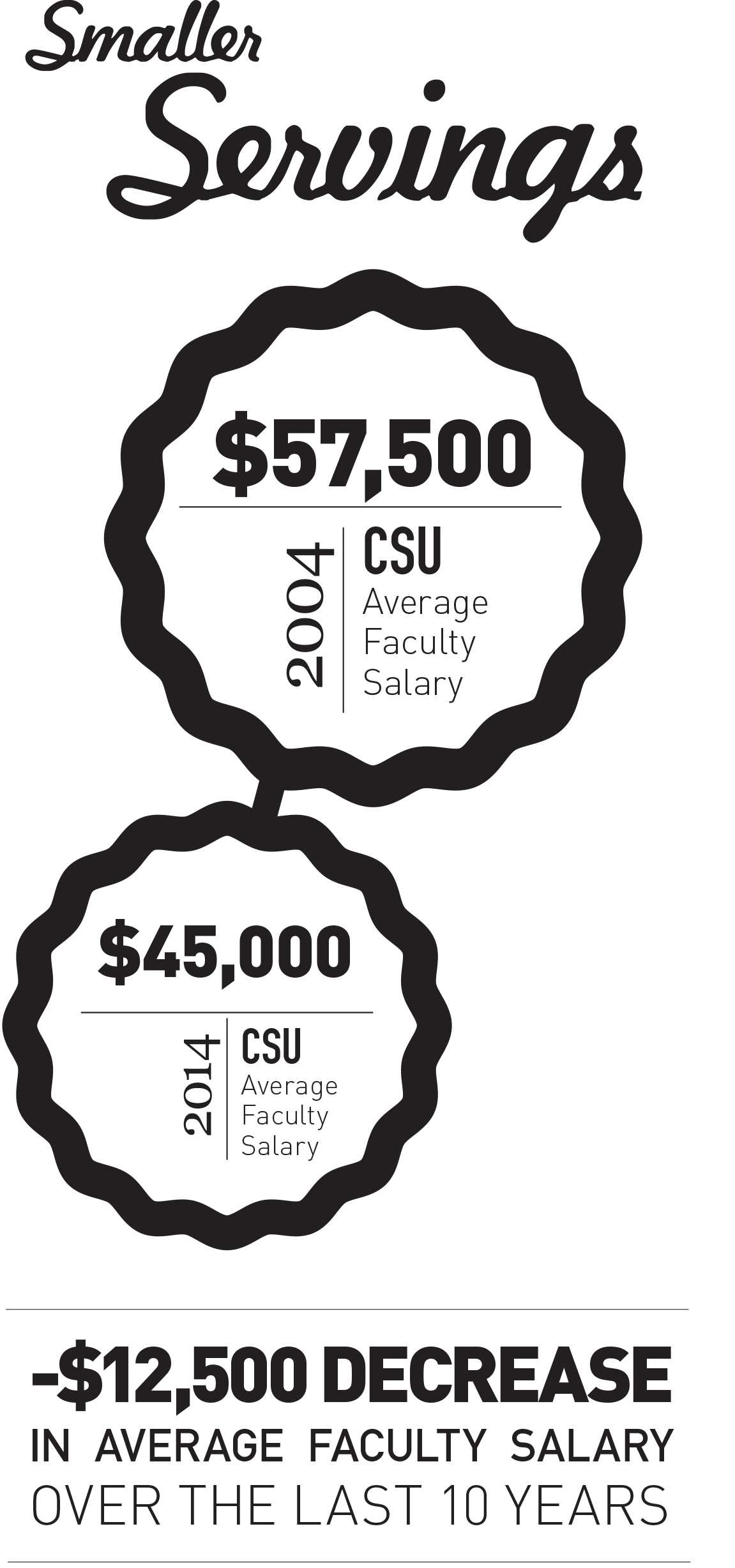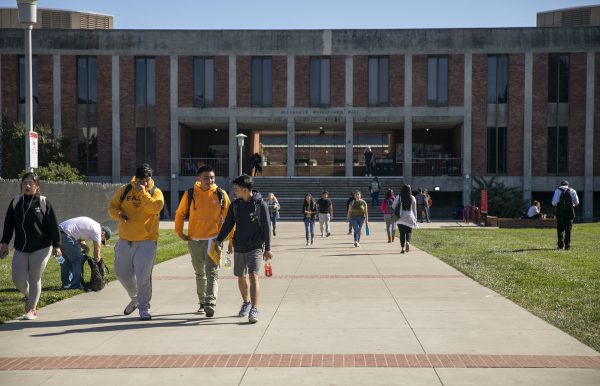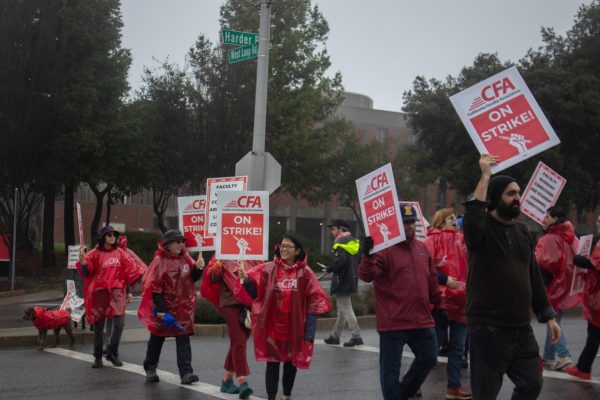CSU faculty, staff wages decline
March 5, 2015
The California Faculty Association and California State University administration addressed a budget subcommittee hearing on education finance in Sacramento on Tuesday to discuss some of the system’s financial issues.
CSU faculty and administrators were there to discuss two primary problems that face the system: lack of state funding for the 23 campuses and increasing the wages of the faculty.
According to the CFA, “The California State University needs an additional $100 million in state funding to maintain the quality and quantity of public higher education needed in fiscal year 2015-2016 and in years to come.”
The CSU system received a $120 million budget from the state of California in November for the upcoming year, which was over $100 million short of the request by CSU.
The $120 million granted to the CSU system by the state would only be granted if the CSU did not raise tuition prices.
The lack of funding has led to another issue for the CSU system that is the wages of its faculty. In 2004, the average faculty salary at California State University, East Bay was $57,500. In 2014, the average salary for CSUEB faculty was $45,000 which is a $12,500 decrease over that ten-year period.
In order to fill faculty positions within the system, “CSU administration has increasingly turned to hiring temporary faculty, resulting in fewer opportunities for faculty to become tenure track professors,” according to the CFA report.
In November, a new three-year contract negotiated by CSU faculty provided a General Salary Increase of 1.6 percent across the board and included an extra 3 percent to a small portion of CSU faculty.
On Feb. 17 members of the CFA received notification that the GSI, retroactive to July 1 2014, would be distributed and include a check at the end of February that covered the retroactive portion.
“While we are pleased to see money finally making it into the hands of faculty, the fact is that it has taken way too long,” Kevin Wehr, President of CFA’s Capitol Chapter and Vice Chair of CFA’s Bargaining Team, said.
“I would have liked to see these raises implemented on Jan. 1.”
In January, CFA President Lillian Taiz wrote a letter to its members where she said, “We are sure that you are as irate as we are at the glacial pace of this distribution of negotiated raises.”
According to the report the lack of faculty and funding has, “resulted in students being forced into extended education—a more costly alternative—in order to get the classes they need to graduate, thus creating a two-tier system of students within the university.”
To full the full report by the CFA or for more information visit their website at www.calfac.org.
















